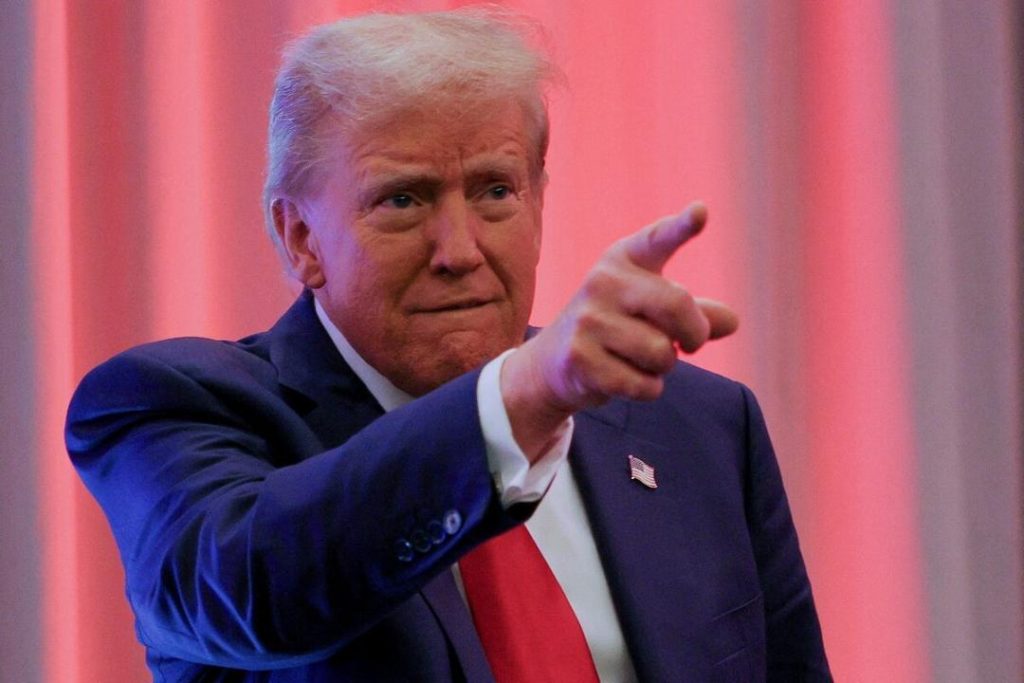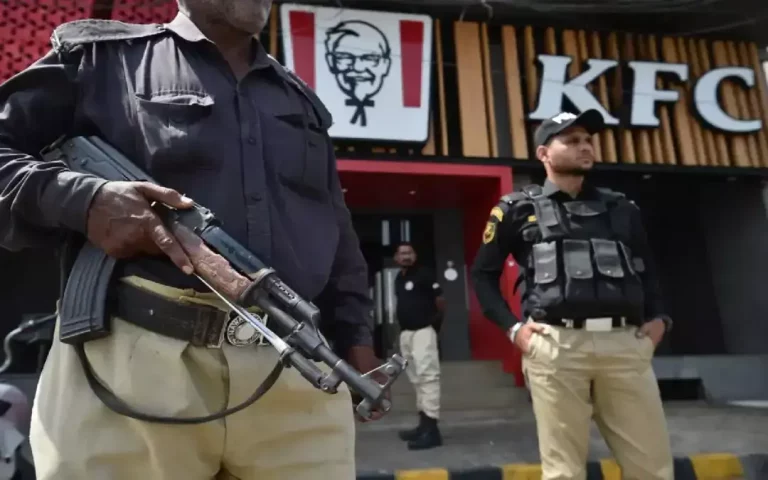
Millions of People Dead Because of Putin, Biden & Zelenskyy: Trump
The ongoing Russia-Ukraine war has been a subject of international concern, with millions of people displaced, injured, and killed in the conflict. The war has also sparked a heated debate among world leaders, with many calling for an immediate ceasefire and diplomatic efforts to resolve the crisis. In a recent statement, former US President Donald Trump has joined the chorus of criticism, blaming Russian President Vladimir Putin, Ukrainian President Volodymyr Zelenskyy, and his predecessor Joe Biden for the devastating consequences of the war.
In an interview, Trump said, “Millions of people dead because of three people… Putin number one, Biden, who had no idea what the hell he was doing, number two, and Zelenskyy.” He went on to add, “There were so many ways of preventing it from ever starting.”
Trump’s comments have sparked a firestorm of reactions, with many accusing him of being insensitive and opportunistic. However, it is essential to examine the context and implications of his statement to understand the complexities of the Russia-Ukraine war.
The Russia-Ukraine war began in February 2022, when Russian forces launched a large-scale invasion of Ukraine. The war has resulted in significant human suffering, with millions of people displaced, injured, or killed. The international community has condemned the invasion, with many countries imposing sanctions on Russia and providing military and humanitarian aid to Ukraine.
Trump’s criticism of Putin, Biden, and Zelenskyy is not entirely unfounded. Putin has been accused of seeking to expand Russia’s influence in Eastern Europe and to recreate the Soviet Union. Biden, who was the President of the United States at the time of the invasion, has been criticized for his handling of the crisis, with some arguing that he was too slow to respond to the invasion and that his sanctions were insufficient.
Zelenskyy, who has been hailed as a hero for his bravery in the face of Russian aggression, has also faced criticism for his handling of the war. Some have accused him of being overly confrontational and of neglecting the needs of Ukraine’s civilian population.
Despite the criticism, it is essential to recognize that the Russia-Ukraine war is a complex and multifaceted conflict that involves a range of factors, including geopolitics, economics, and history. The war is not simply a result of the actions of three individuals, but rather a product of a long-standing conflict between Russia and Ukraine that has been fueled by a range of factors.
One of the key factors that contributed to the war was the failure of the Minsk agreements, a series of peace accords signed in 2014 and 2015 that aimed to resolve the conflict in eastern Ukraine. The agreements were negotiated by Ukraine, Russia, and the Organization for Security and Cooperation in Europe (OSCE), but they ultimately failed to bring a lasting peace to the region.
Another key factor was the annexation of Crimea by Russia in 2014, which was met with international condemnation but ultimately had little impact on the conflict. The annexation has become a symbol of Russia’s aggression and has contributed to the ongoing tensions between Russia and Ukraine.
The war has also been fueled by a range of economic and political factors, including the decline of the Russian economy, the rise of nationalism in Ukraine, and the failure of international diplomacy to resolve the conflict.
In conclusion, while Trump’s statement may have been inflammatory and insensitive, it is essential to recognize the complexities of the Russia-Ukraine war and the range of factors that have contributed to the conflict. The war is not simply a result of the actions of three individuals, but rather a product of a long-standing conflict that involves a range of political, economic, and historical factors.
Sources:






